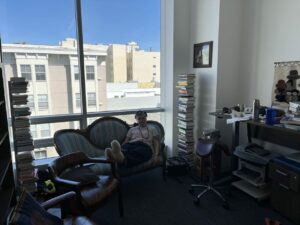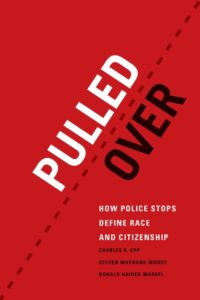A federal judge has approved CDCR’s request to force-feed inmates if necessary. The Associated Press reports:
Officials say they fear for the welfare of nearly 70 inmates who have refused all prison-issued meals since the strike began July 8 over the holding of gang leaders and other violent inmates in solitary confinement that can last for decades.
They are among nearly 130 inmates in six prisons who were refusing meals. When the strike began it included nearly 30,000 of the 133,000 inmates in California prisons.
Prison policy is to let inmates starve to death if they have signed legally binding do-not-resuscitate requests.
But state corrections officials and a federal receiver who controls inmate medical care received blanket authority from U.S. District Judge Thelton Henderson of San Francisco to feed inmates who may be in failing health.
The order includes those who recently signed requests that they not be revived.
This blanket permission raises a number of important ethical considerations. This New York Times debate highlights various fascinating aspects of the dilemma. You’ll note that reactions to this practice differ according to the commentators’ affiliations. Medical staff, abiding by their Hippocratic oath, may find it difficult to administer “a health-care solution to a political problem.” Some of the legal challenges are highlighted in this piece by Tracey Ohm. In arguing that force-feeding is unconstitutional, some argue that fasting is protected speech, and some argue that it is part of the right to privacy.
For those wondering what force-feeding is like, the above video depicts rap artist Mos Def, who undertook the force-feeding procedure administered in Guantanamo Bay, and had to stop because he could not bear going through with it.




No comment yet, add your voice below!